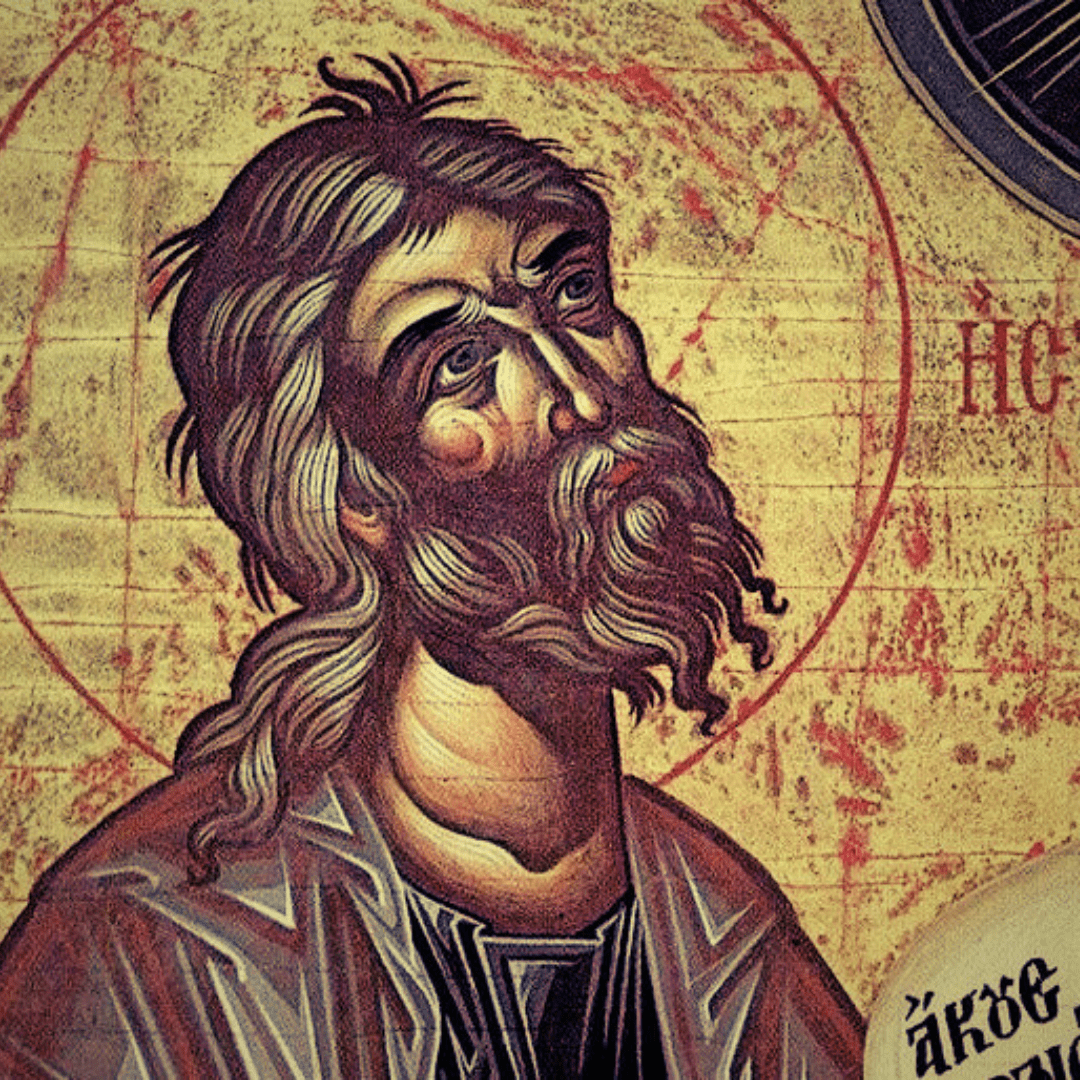We live in a time of global uncertainty: civil wars, terrorist insurgencies, military interventions multiplying in Gaza, Ukraine, the Democratic Republic of Congo, South Sudan, Haiti, and elsewhere. This amplification of conflicts exacerbates poverty, climate change, economic inequalities, territorial ambitions, and the struggles for control over resources. The organizations created to promote security, peace, and cooperation in the world are no longer able to bring all their members to the negotiating table. All of this leads to a kind of blindness in the thought patterns of populations who are victims of barbarism and violence. Faced with such a bleak picture, one might wonder: where is God? What is He doing since evil seems omnipotent? Does He allow it? Or is the free will He has given us hopelessly flawed? The answer to the problem of evil is not new.
In some passages of the Bible, conflicts and tragedies are interpreted as divine punishments for the transgressions of mankind. In this belief, tragedies and sufferings are seen as trials to strengthen the faith of believers.
This is what the prophet Isaiah attempts to show in his book, while saying that God is neither absent nor indifferent to the wounds of humanity.
Isaiah and many other prophets, who were the bearers of Yahweh’s word in antiquity, often did not live during times of peace, but rather in tragic periods. Their socio-political context was generally very tense and fragile. Yet, they were able to convey a message of unity, peace, and hope.
Isaiah speaks at a time when the Babylonian king Nebuchadnezzar has conquered Jerusalem (587 B.C.). He set the city on fire and destroyed the temple, the symbol of God’s presence. He killed all the sons of the king and deported him to Babylon along with a portion of the population.
The exiles were then completely discouraged. They were experiencing severe post-traumatic stress. They had so many losses to mourn! They all knew people who had been killed. Moreover, many were torn from their families to be deported.
Far from their land, they felt separated from their God and believed they could no longer pray to Him.
It is in the heart of this severe crisis that the prophet Isaiah makes God’s word resonate:
“Behold, I will do a new thing” (Is 43:19)
Isaiah shows that the true God is not who you think He is: a vengeful god, insensitive to human misery. His voice can reach people even in their exile. This is why the prophet can reveal that with God, newness is already present, in seed form, at the very heart of the crisis and mourning (see also Rev 21:5).
“And he that sat upon the throne said, Behold, I make all things new. And he said unto me, Write: for these words are true and faithful.”
Obviously, it is not a matter of living in the past, nor projecting into the future, nor even living solely in the present. It is about inhabiting life by connecting with its source: God. For if peace is not in your heart, it will not be in the world either. And the source of peace is God.
His newness urges us to collaborate and engage, each according to our abilities, to transfigure the sufferings that weigh us down. In other words, the newness that God brings calls for our creativity and inventiveness.
In the end, it must be said that Isaiah remains relevant to us today because he continues to remind us of the importance of faith and fidelity to the covenant with God. He also offers us a message full of hope and redemption by reminding us of God’s sovereignty over our history, despite the appearances of evil that seem to control our destiny.
Fr. Joël Mambe
Get to know the author by reading the article in our “Mission” feature: “The Beginning of the Novitiate Year for Joël Mambe: A Path Filled with Devotion.”


Comments are closed.